Becoming a parent also means knowing a great deal about the world in order to provide the greatest possible life for your child. It’s critical to understand that your child’s brain develops over 80% during the first three years of life. Every meal, gesture of affection, and game counts during this time since the baby’s brain is being formed. So, Hotreview4u has put together some tips for early learning for babies. Hope these tips can help you give your child the best possible start in life.
-
Contents hide
Make sure your baby can move about freely

It’s difficult to look after newborn babies. But it’s critical not to restrict their movements because this is how they learn to manage them. Your baby’s arms and legs will move in disjointed ways at first, but they will eventually make progress.
-
When talking to your kid, respond to their smiles and modify your tone of voice.
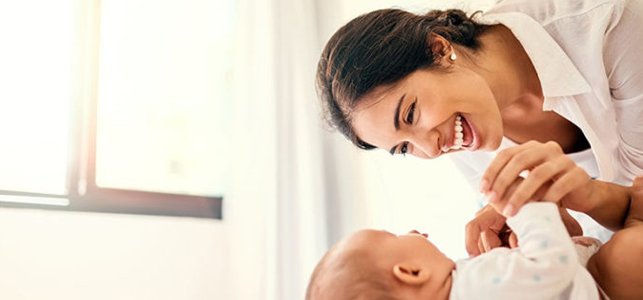
It’s crucial to teach a child how to react to situations. So, grin back at them when you see them smile then they understand it’s a pleasant interaction from parents. You should modify the sound of your voice while talking to your child in baby speak, making it faster or slower, higher or lower. This gets the child used to diverse reactions and speech patterns.
-
Encourage your child to reach for things that are safe.

You can encourage your baby to reach for things like plastic cups on their own when they are 1 to 6 months old. You can also hold an object in front of your child’s eyes and move it slowly from side to side and up and down so that the baby follows it with their eyes. A child’s range of vision expands by the third month of life, therefore it’s a smart idea.
-
Give your child time to respond when you ask them a question.
Parents begin communicating with their kids when they are 6 to 9 months old by asking them simple questions. But don’t anticipate an immediate response: mentally count to ten and give them time to reflect. If no one responds, answer the question for them so they remember.
-
Buy our child some easy picture books or puzzles.
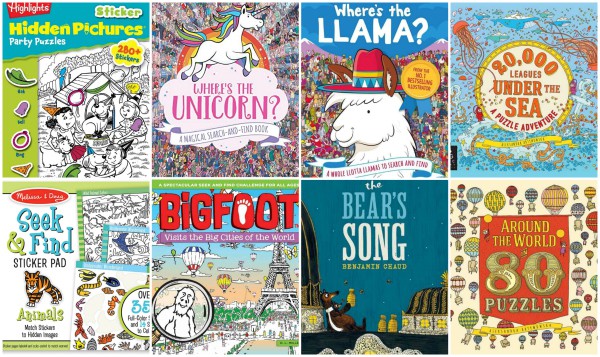
Your child’s curiosity about the world around them begins to emerge at this age, so help them discover new things by purchasing or producing basic books or toys with diverse activities.
-
Keep in mind that your 6-month-old can consume anything except honey.
Honey should not be given to your child until they are one year old, but all other healthful foods are fine.
-
Reward and encourage your child’s learning

Make as many pleasant encounters with your child as possible by complimenting them on their work. In order to develop healthy self-esteem and confidence, they should hear more positive words than negative ones like “bad,” and “not good”.
-
Teach your child simple gestures and tell them what objects are called

Your child should be quite interested in the things around them from 9 to 12 months old, so don’t forget to repeat the names of things and people for them to remember. Teach your baby to wave “bye-bye” to help them understand the relationship between movement and words.
-
Let your child play and learn with dolls

After pointing out a mouth on the doll’s face, for example, remember to name it for your child, then point out the same facial feature on yourself, and then on your child. This method will help the baby memorize bodily parts gradually.
-
Allow your child to put items in and take things out of a container
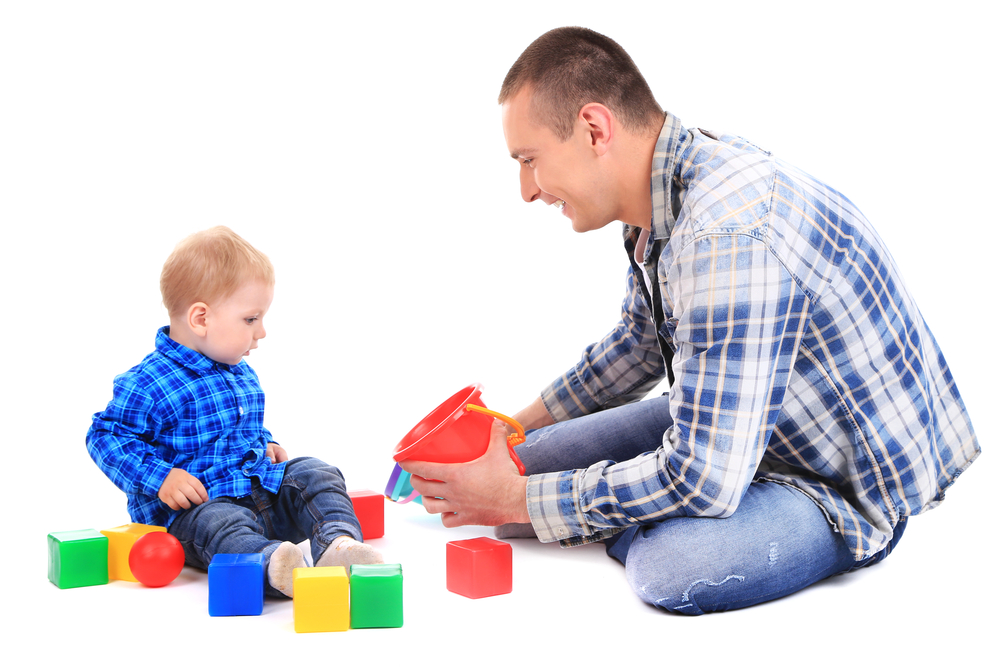
At one year old, a kid’s eye-hand coordination abilities are still developing, so make sure your child has access to safe things to put in and out of containers. The same can be said for items that your toddler can stack.
-
Maintain constant communication with your child
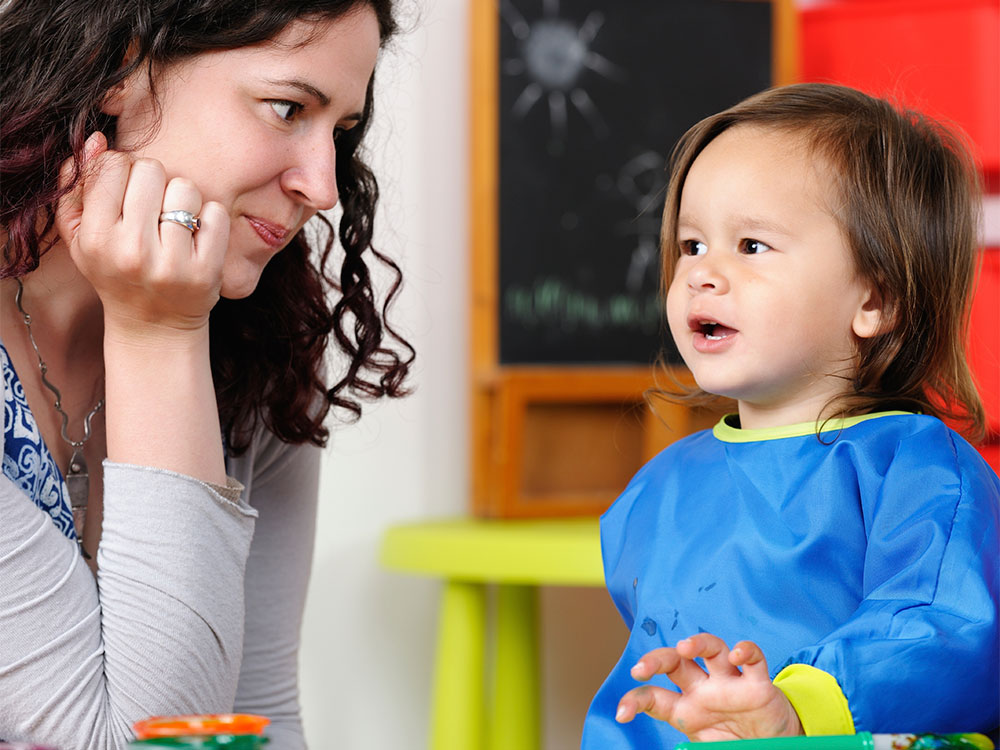
Bathing, going for a stroll, and other activities are all opportunities to communicate. Your child will be able to understand you better if you communicate more. Always respond to your child’s attempts to communicate.
-
Create mini-games out of questions.
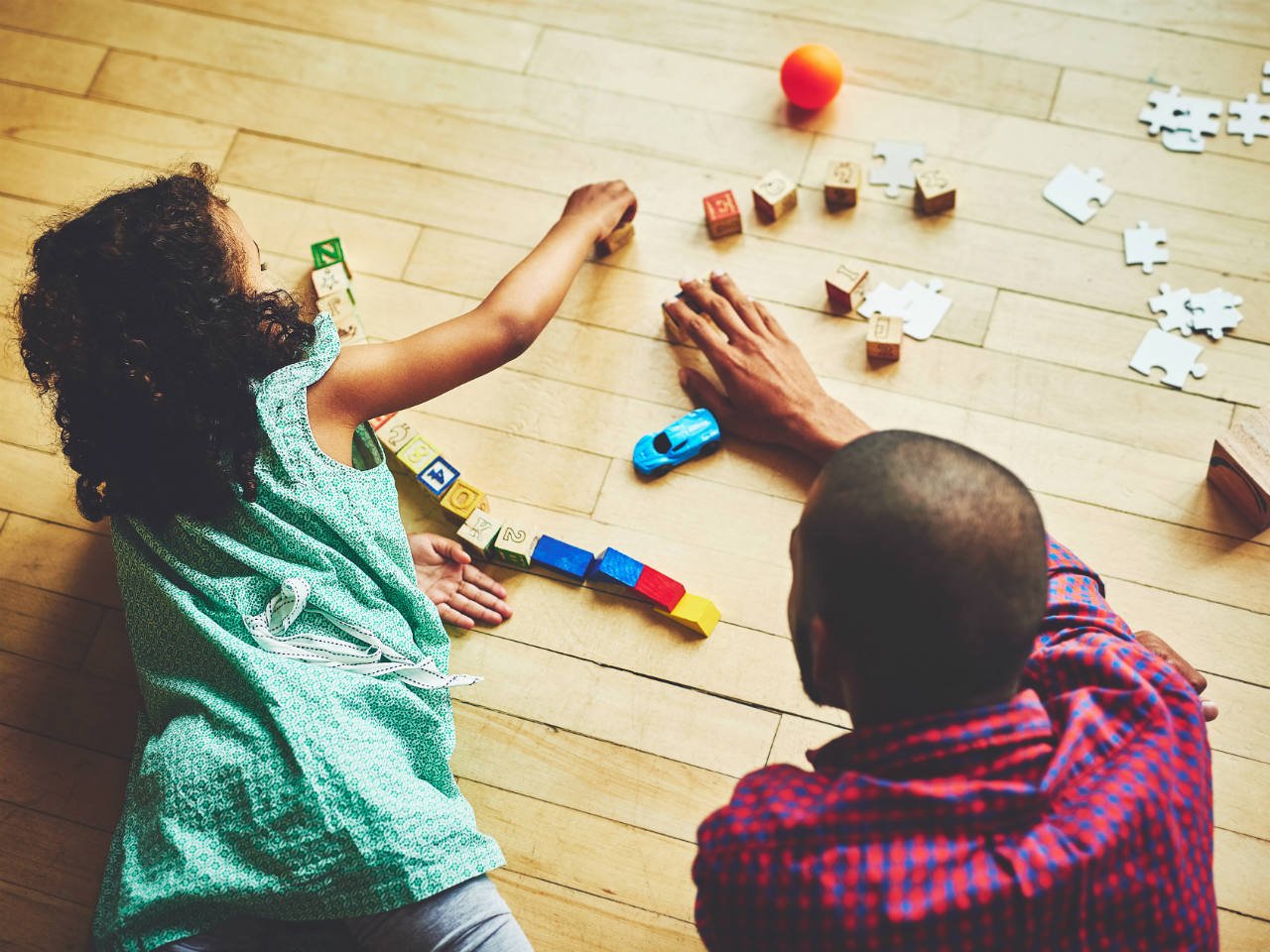
Ask your youngster a question about an image, such as “Where is the bird in the picture?” They’ll be able to point it out to you this way. When your child gets things right, as previously stated, positively praise them by telling them they did a good job.
13. Teach your child to count through simple activities

You may help your child learn more things at home at the age of two rather than wait for them to be taught at kindergarten or school. When it comes to counting, always encourage children to count items with you and frequently ask them, “How many?”
-
Interrogate your child about the stories you’ve read together.
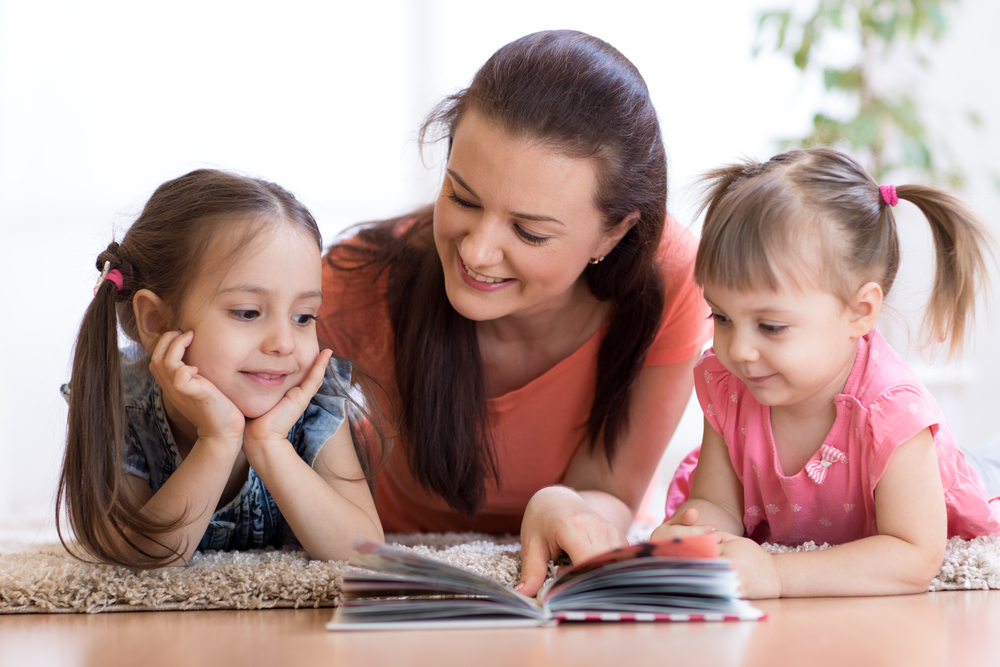
Ask your child to recollect the details of a tale you just read to help them build their memory. Discuss the story with your child to pique their interest in the world.
-
Extra tip: buy books from Tuttle Twins for early learning for babies
The Tuttle Twins are the only books that assist children to acquire critical thinking abilities about real-world concepts while also sharing ideas with children that most adults are unfamiliar with. Read more about The Tuttle Twins reviews of Hotreview4u to know more. You will find great materials for early learning for babies and children.
The Tuttle Twins Review – The Ideals of a Free Society for Kids
What advice would you give to a new parent? What is your child’s favorite activity? Let’s share in a comment below. Hope this post of tips for early learning for babies helps parents out.
